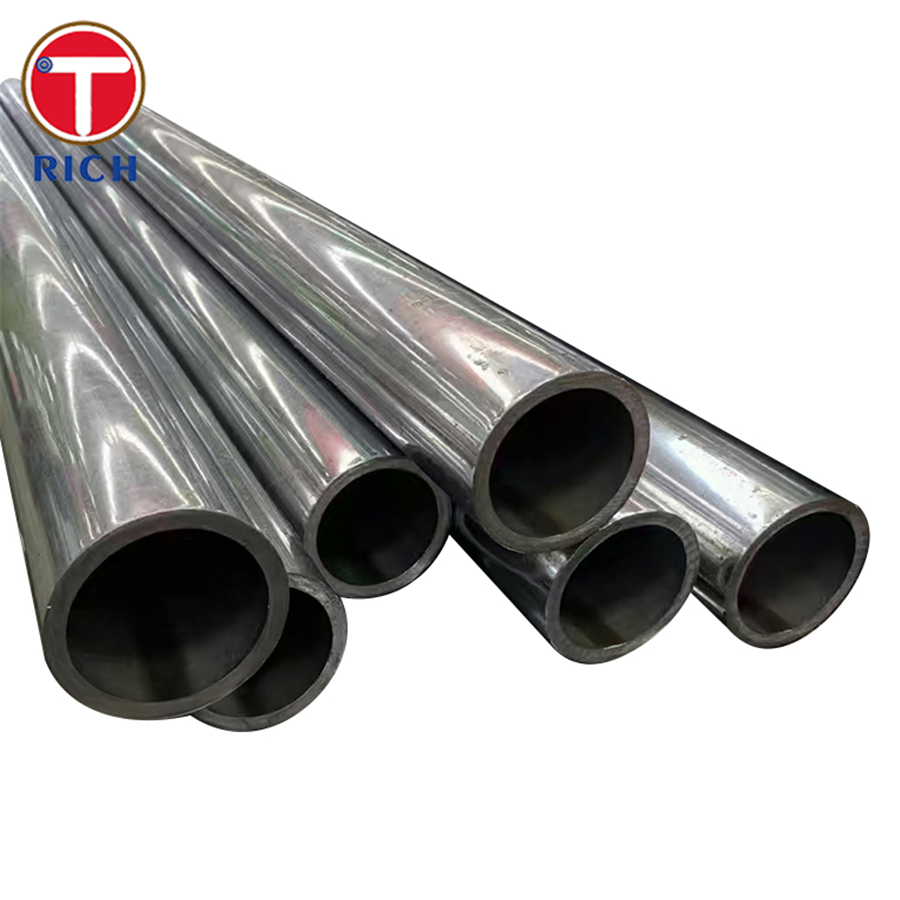
Alloy steels are a crucial component in various industries due to their enhanced mechanical properties. Among these, some alloy steels are renowned for their exceptional strength. To determine which alloy steel is the strongest, we must consider several factors. Below are three questions that help us explore this topic:
The strength of alloy steel is influenced by its composition and the heat treatment processes it undergoes. Key elements such as chromium, nickel, molybdenum, and vanadium are often added to enhance strength, toughness, and resistance to wear and corrosion. Heat treatment processes like quenching and tempering can further increase the hardness and tensile strength of the steel.
For example, chromium increases hardness and tensile strength, while nickel enhances toughness. Molybdenum improves hardenability and resistance to high temperatures, and vanadium increases strength and wear resistance. The precise combination and proportion of these elements determine the specific properties of the alloy steel.
Several alloy steel grades are recognized for their high strength. Some of the most notable include:
AISI 4140: Known for its excellent toughness, good fatigue strength, and high tensile strength, AISI 4140 is a chromium-molybdenum alloy steel often used in automotive and industrial applications.
AISI 4340: This nickel-chromium-molybdenum alloy steel is renowned for its high toughness and strength, even in large sections. It is commonly used in aerospace and other high-stress applications.
Maraging Steels: These steels are known for their ultra-high strength and toughness. They contain a high percentage of nickel and are strengthened by a process called aging. Maraging steels are often used in aerospace and tooling applications.
Among these, maraging steels are often considered the strongest due to their unique aging process, which significantly enhances their strength without compromising toughness.
The choice of alloy steel depends heavily on the specific application and the required properties. For instance, in aerospace applications where weight and strength are critical, maraging steels are often preferred due to their superior strength-to-weight ratio. In contrast, for automotive applications where toughness and fatigue resistance are crucial, AISI 4140 or 4340 might be more suitable.
The environment in which the alloy steel will be used also plays a role. For example, if the steel will be exposed to high temperatures or corrosive environments, the alloy composition may need to be adjusted to enhance resistance to these conditions.

Alloy steels are a crucial component in various industries due to their enhanced mechanical properties. Among these, some alloy steels are renowned for their exceptional strength. To determine which alloy steel is the strongest, we must consider several factors. Below are three questions that help us explore this topic:
The strength of alloy steel is influenced by its composition and the heat treatment processes it undergoes. Key elements such as chromium, nickel, molybdenum, and vanadium are often added to enhance strength, toughness, and resistance to wear and corrosion. Heat treatment processes like quenching and tempering can further increase the hardness and tensile strength of the steel.
For example, chromium increases hardness and tensile strength, while nickel enhances toughness. Molybdenum improves hardenability and resistance to high temperatures, and vanadium increases strength and wear resistance. The precise combination and proportion of these elements determine the specific properties of the alloy steel.
Several alloy steel grades are recognized for their high strength. Some of the most notable include:
AISI 4140: Known for its excellent toughness, good fatigue strength, and high tensile strength, AISI 4140 is a chromium-molybdenum alloy steel often used in automotive and industrial applications.
AISI 4340: This nickel-chromium-molybdenum alloy steel is renowned for its high toughness and strength, even in large sections. It is commonly used in aerospace and other high-stress applications.
Maraging Steels: These steels are known for their ultra-high strength and toughness. They contain a high percentage of nickel and are strengthened by a process called aging. Maraging steels are often used in aerospace and tooling applications.
Among these, maraging steels are often considered the strongest due to their unique aging process, which significantly enhances their strength without compromising toughness.
The choice of alloy steel depends heavily on the specific application and the required properties. For instance, in aerospace applications where weight and strength are critical, maraging steels are often preferred due to their superior strength-to-weight ratio. In contrast, for automotive applications where toughness and fatigue resistance are crucial, AISI 4140 or 4340 might be more suitable.
The environment in which the alloy steel will be used also plays a role. For example, if the steel will be exposed to high temperatures or corrosive environments, the alloy composition may need to be adjusted to enhance resistance to these conditions.
